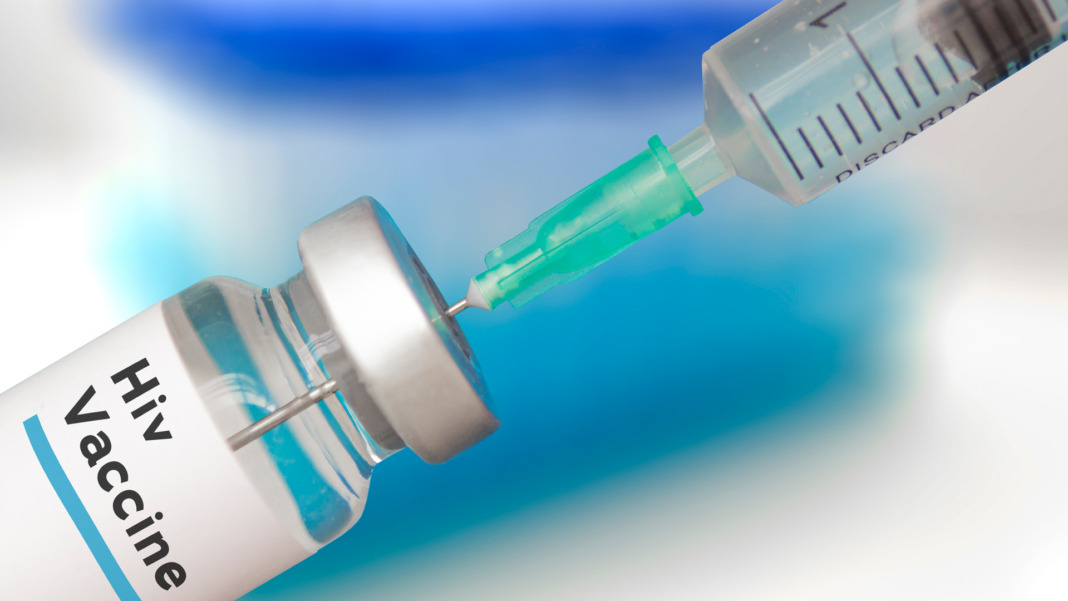In a development that casts a shadow on the quest for an effective HIV vaccine, the PrEPVacc prevention study, touted as the “last roll of the dice” for this decade, has ceased its vaccine component after disappointing results. Led by African researchers with support from their European counterparts, the trial sought to evaluate two experimental HIV vaccines alongside a novel form of oral pre-exposure prophylaxis (PrEP).
While assuring the public of the safety of the vaccines, PrEPVacc’s leadership announced the discontinuation of the vaccine component, citing its failure to prevent HIV infection. However, the trial’s oral PrEP component will persist, as researchers redirect their efforts to glean valuable insights from this branch of the study.
The setback strikes a chord in the medical community, which has faced numerous hurdles since the inception of the first HIV vaccine trial 36 years ago. Despite substantial progress in reducing new HIV infections since the mid-1990s, the latest UNAIDS data reveals that 39 million people currently live with the infection worldwide, with over half being women and girls. In sub-Saharan Africa, young women and girls aged 15-24 account for a staggering 77% of new cases.
The PrEPVacc trial engaged 1,500 volunteer participants in Uganda, Tanzania, and South Africa, with a significant majority—87%—being women. Chief Investigator Pontiano Kaleebu lamented the vaccine component’s ineffectiveness, stressing the need to explore innovative vaccine approaches and technologies. “We must look to a new generation of vaccine approaches and technology,” said Kaleebu, underscoring the urgency of developing an HIV vaccine tailored to the specific challenges faced by African populations.
Reflecting on the trial results, Kaleebu called for a “new generation of leaders” to tackle the persisting challenges in the ongoing battle against HIV. Dr. Eugene Ruzagira, the director of PrEPVacc, echoed Kaleebu’s sentiments, acknowledging the high scientific hurdles while expressing unwavering hope for the future. “Important research like PrEPVacc is moving us forward, and participants are willing to step forward with us and make a difference to the health of their communities,” remarked Ruzagira, emphasizing the positive impact of the trial on community relations.
Luwano Geofrey, the first trial participant in Masaka, Uganda, spoke earlier in the year about the courage it took to participate in the research. He detailed the initial challenges, including prevalent disinformation and social stigmas in his community. Researchers emphasize that participants like Geofrey, who overcame these obstacles, now enjoy the “deep gratitude of their communities.”
Despite the disappointment, researchers believe that the lessons learned from the PrEPVacc trial will contribute significantly to advancing HIV/AIDS research. The trial’s comprehensive approach, engaging diverse communities and employing multiple preventive strategies, provides a wealth of data that could prove invaluable in future studies.
Dr. Ruzagira remains optimistic, stating, “The scientific hurdles are high, but I have equally high hopes that an HIV vaccine will be developed one day.” He emphasizes the importance of ongoing research efforts, with the full results of the vaccine component of the PrEPVacc trial expected to be published in the summer of 2024. As the medical community grapples with this setback, the resilient spirit of participants and the commitment of researchers continue to drive the pursuit of an effective HIV vaccine.



